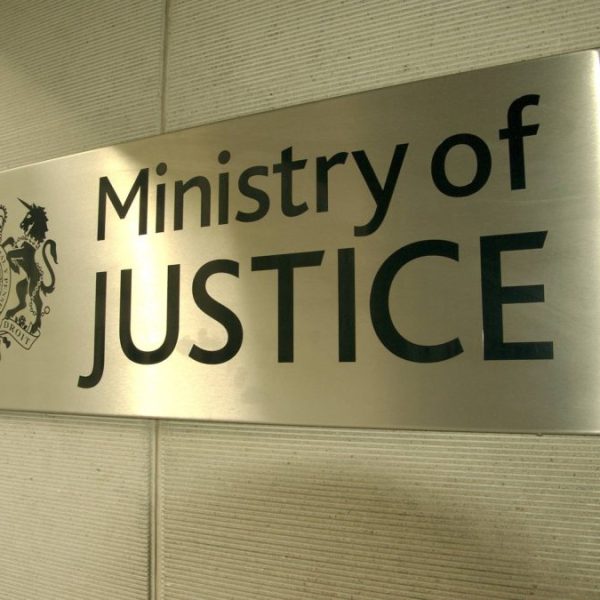Costs budgeting is a crucial aspect of modern litigation, introduced in April 2013 as part of the Jackson Reforms to ensure transparency and control over legal expenses. For all multi-track cases valued under £10 million, costs budgeting is now mandatory, making expert preparation and management essential for successful litigation.
The ‘proportionality principle’ lies at the heart of costs budgeting, with courts actively scrutinising whether the costs incurred or projected are proportionate to the value, complexity, and importance of the claim. Our expertise ensures your budgets meet this critical test while protecting your commercial interests.
We help parties involved in civil litigation prepare and exchange detailed costs budgets that outline both incurred and anticipated costs for the proceedings. Our goal is to promote proportionality and prevent excessive legal costs by assisting the court in managing and approving budgets, ensuring they reflect a realistic estimate of the work required.

Combining technical excellence with practical business understanding, our approach focuses on maximising your recoverable costs while minimising the administrative burden on your team.
We work closely with you to ensure that all costs are properly documented and justified, providing a solid foundation for cost recovery and financial planning.
By entrusting us with your Bills of Costs, you can free up your time to concentrate on higher value work, enhancing your productivity and client service.
We meticulously prepare this mandatory form that details the format and content of your costs budget, breaking down costs by phase and task in compliance with CPR Practice Direction 3D.
We develop comprehensive tracking systems to monitor and compare actual costs against the approved budget, providing early warnings if any phase risks exceeding its allocation.
We facilitate negotiations and agreements on budget figures between parties, preparing Precedent R documents and identifying areas for potential compromise before the CCMC.
We support solicitors and counsel at these critical hearings where the court reviews and approves budgets, ensuring your budget is robustly defended.
When significant developments necessitate budget revisions, we help prepare applications to vary budgets using the Precedent T format, maximising your chances of securing necessary increases.
Costs budgeting is a process introduced in April 2013 as part of the Jackson Reforms to ensure transparency and control over legal expenses in litigation. It is crucial because it helps ensure that legal costs are proportionate to the value, complexity, and importance of the claim, promoting fairness and preventing excessive costs.
Costs budgets are typically prepared by solicitors and costs lawyers who have expertise in managing and presenting detailed budgets for litigation. They ensure that the budget reflects a realistic estimate of the work required and protects the client's commercial interests.
Precedent H is a mandatory form that details the format and content of a costs budget. It breaks down costs by phase and task in compliance with CPR Practice Direction 3D, ensuring that budgets are meticulously prepared and meet the required standards.
Budget reports are used to monitor and compare actual costs against the approved budget. They provide early warnings if any phase risks exceeding its allocation, helping to maintain control over legal expenses and avoid exceeding the approved budget.
During CCMCs, the court reviews and approves budgets. These critical hearings ensure that the budgets are robustly defended and reflect a realistic estimate of the work required for the case, promoting proportionality and preventing excessive costs.
Yes, costs budgets can be revised during litigation if significant developments necessitate changes. Precedent T is used to prepare applications to vary budgets, maximising the chances of securing necessary increases and ensuring that the budget remains accurate and realistic.
Budget discussions involve negotiations and agreements on budget figures between parties. Precedent R documents are prepared to identify areas for potential compromise before the CCMC, facilitating a fair and transparent budgeting process.
Costs budgeting benefits clients by promoting proportionality and preventing excessive legal costs. It helps ensure that the budget reflects a realistic estimate of the work required, protects the client's commercial interests, and provides transparency and control over legal expenses.
If a party’s conduct is deemed unreasonable or improper, the court can disallow all or part of the costs being assessed. This means that even if a party has incurred significant legal expenses, they may not be able to recover these costs from the opposing party.
Have a question about Costs Law that we haven’t answered, or want to have a chat about what we do and how we do it?
Use the contact details below to get in touch, or fill in our contact form and we will get right back to you.




© 2025 BarnsChapel Ltd. All Rights Reserved